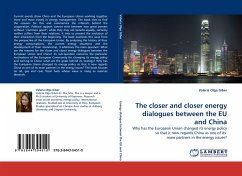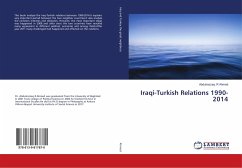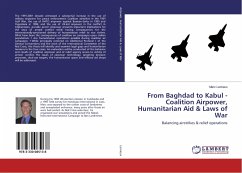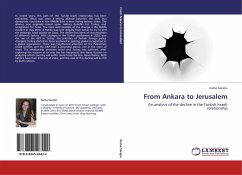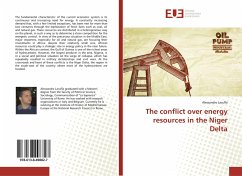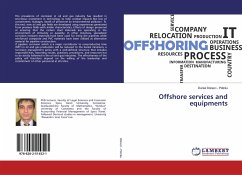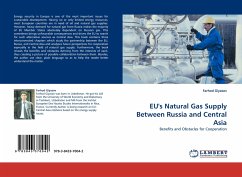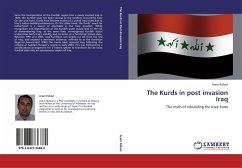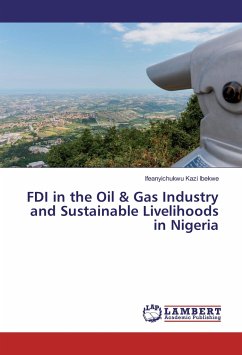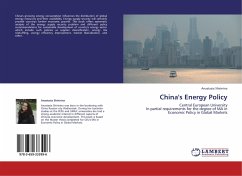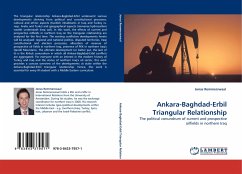
Ankara-Baghdad-Erbil Triangular Relationship
The political conundrum of current and prospective oilfields in northern Iraq
Versandkostenfrei!
Versandfertig in 6-10 Tagen
39,99 €
inkl. MwSt.

PAYBACK Punkte
20 °P sammeln!
The triangular relationship Ankara-Baghdad-Erbil underwent various developments deriving from political and constitutional processes, cultural and ethnic aspects (Kurdish inhabitants in Iraq and Turkey vs. resp. Arabs and Turks) and geographical aspects (immense hydrocarbon wealth underneath Iraqi soil). In this work, the effects of current and prospective oilfields in northern Iraq on the triangular relationship are analysed for the first time. The existing conflictive developments herein will be analysed: regional and national politics, disputed territories, Iraqi constitutional and election...
The triangular relationship Ankara-Baghdad-Erbil underwent various developments deriving from political and constitutional processes, cultural and ethnic aspects (Kurdish inhabitants in Iraq and Turkey vs. resp. Arabs and Turks) and geographical aspects (immense hydrocarbon wealth underneath Iraqi soil). In this work, the effects of current and prospective oilfields in northern Iraq on the triangular relationship are analysed for the first time. The existing conflictive developments herein will be analysed: regional and national politics, disputed territories, Iraqi constitutional and election processes, allocation of revenue of prospective oil fields in northern Iraq, presence of PKK in northern Iraq's Qandil Mountains. The ultimate development (or better put, the lack of it) is the Kirkuk conundrum in which all Ankara-Baghdad-Erbil conflicts are aggregated. For everyone with an interest in the modern history of Turkey and Iraq and the status of northern Iraq's oil sector, this work provides a concise overview of the developments at stake within the Ankara-Baghdad-Erbil triangular relationship. Hence, this work is essential for every IR-student with a Middle Eastern curriculum.



